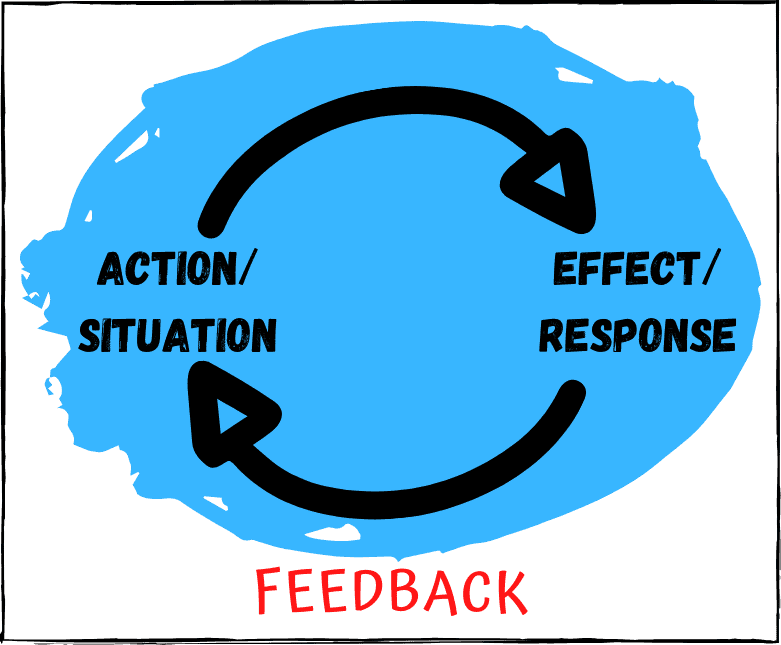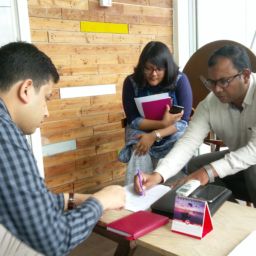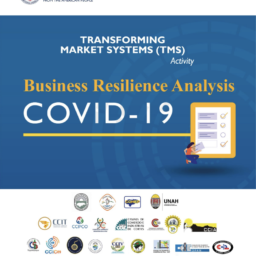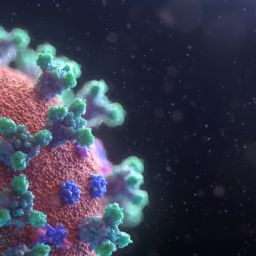Author: Jenna White
One of the core tenants of systems thinking is viewing ourselves as a part of the system. It has been the norm for far too long to view ourselves as separate and apart from the systems we are trying to affect. Whether researching, evaluating, implementing, protesting or watching you are indeed interacting with the system and are thus a part of it.
You may already be familiar with the Hawthorne Effect, whereby merely observing workers resulted in an increase in productivity. Therefore, we cannot reasonably believe that even by standing back and observing in silence we are not somehow shaping systems all around us.
As we think about the development response to COVID-19, what does this mean? How are your non-COVID activities interacting with and affecting the response? If you have COVID programming, what is the cost of diverting resources and attention? If you are researching and evaluating, what effect does your presence (even your remote presence) have on others?
To have a truly holistic view of the situation, we must include ourselves, our organizations, and our activities in the picture.
As we think about “the” system of racial injustice in the United States, we must again think about our role in this system. What about your actions historically might have been keeping the status quo in place? Whether you are staying silent, protesting, or advocating for policy change – you are affecting the system. Silence is the elimination of a feedback loop.

How will others know that you do not condone specific behaviors or policies if you do not speak up? If you are taking action, how does that action impact upon other actions? Where are you focusing energy, and from where are you diverting energy?
Taking a view that includes yourself as part of the system shifts the narrative from “the” system that is “out there” and separate from ourselves, to “our” system that we are surrounded by and in some way accountable for. Rather than trying to “fix” the system, look at where you can drive change by first changing your own behavior.
We encourage you to think more deeply about how you can drive change within your systems with your own behavior. We are also committed to doing the same.



